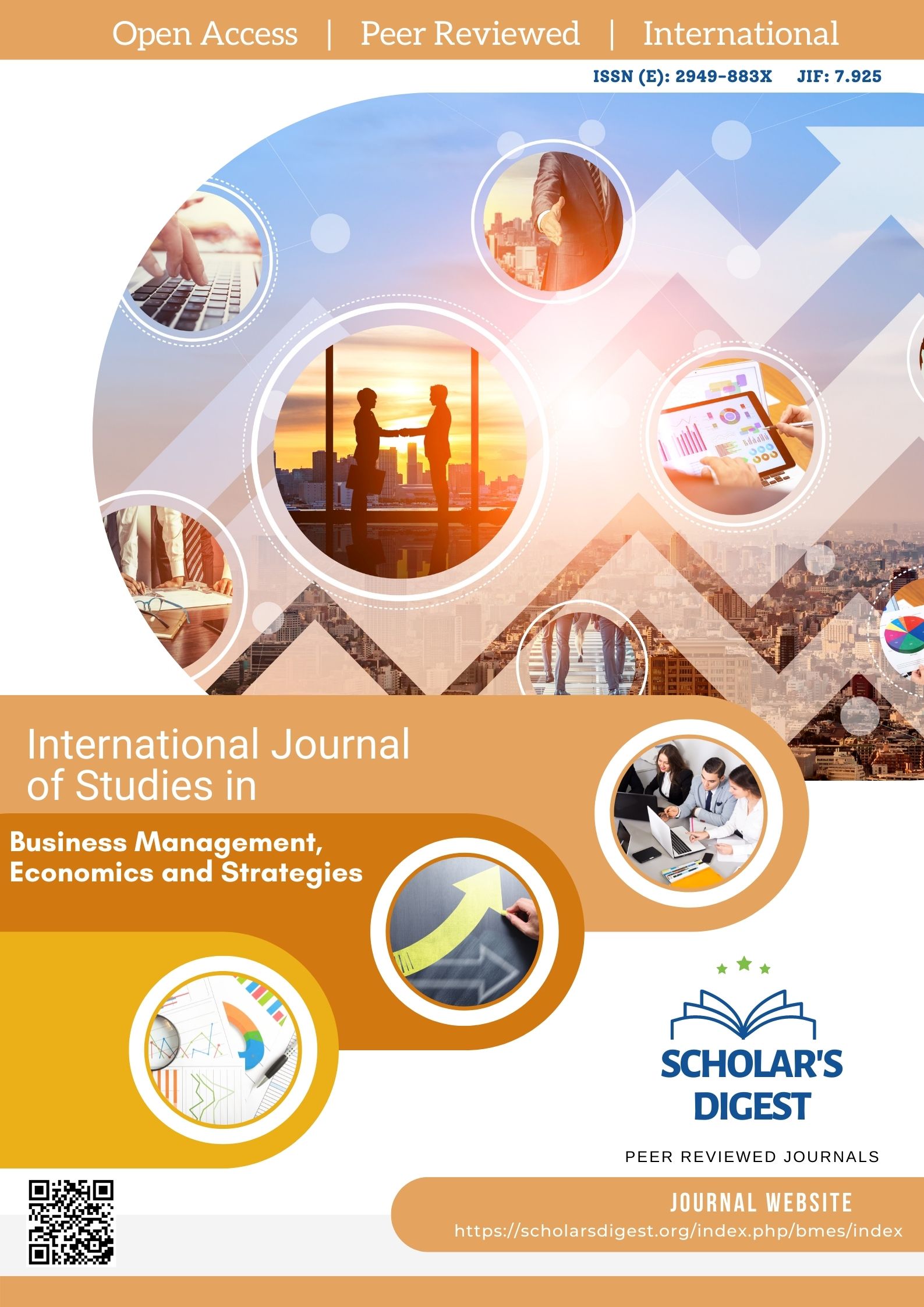EXPORT FINANCING IN NIGERIA: A STUDY OF NIGERIAN EXPORT-IMPORT BANK (NEXIM)
Abstract
Both oil and non-oil exports play a pivotal role in driving economic growth within an open economy. Consequently, the strategic promotion of exports is essential for any nation aspiring to achieve rapid development. This study explores the impact of export financing on Nigeria’s economy, with specific emphasis on the Nigerian Export-Import Bank (NEXIM). Established under Decree 38 of 1991 following the 1986 Structural Adjustment Programme (SAP), NEXIM was created to support and promote export-related activities in Nigeria. The paper evaluates the various services offered by the bank in facilitating export operations, along with the procedural requirements for exporters. Utilizing secondary data obtained through academic literature, the research underscores the significance of export financing, particularly due to the high capital demands involved. The study concludes that the effectiveness of NEXIM’s financial support is instrumental in enhancing Nigeria’s export potential, especially in the areas of production, processing, and packaging. Accordingly, the paper recommends enhanced autonomy for NEXIM and increased funding, alongside government-backed export credit guarantees and insurance, especially for non-oil exports.
Downloads
Published
Issue
Section
License

This work is licensed under a Creative Commons Attribution-NonCommercial 4.0 International License.








